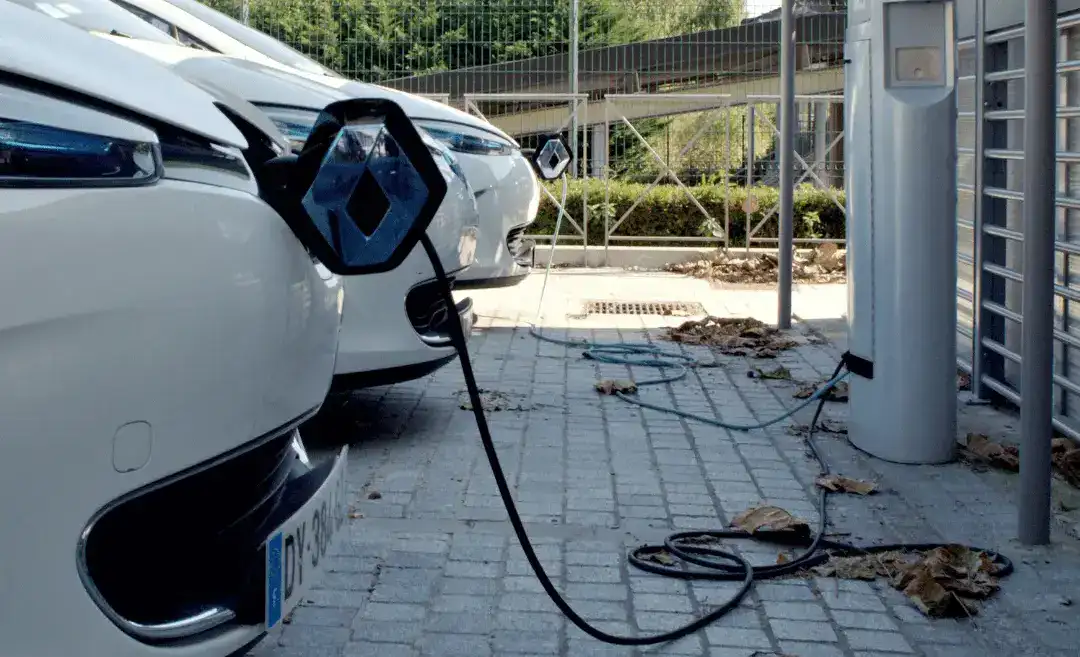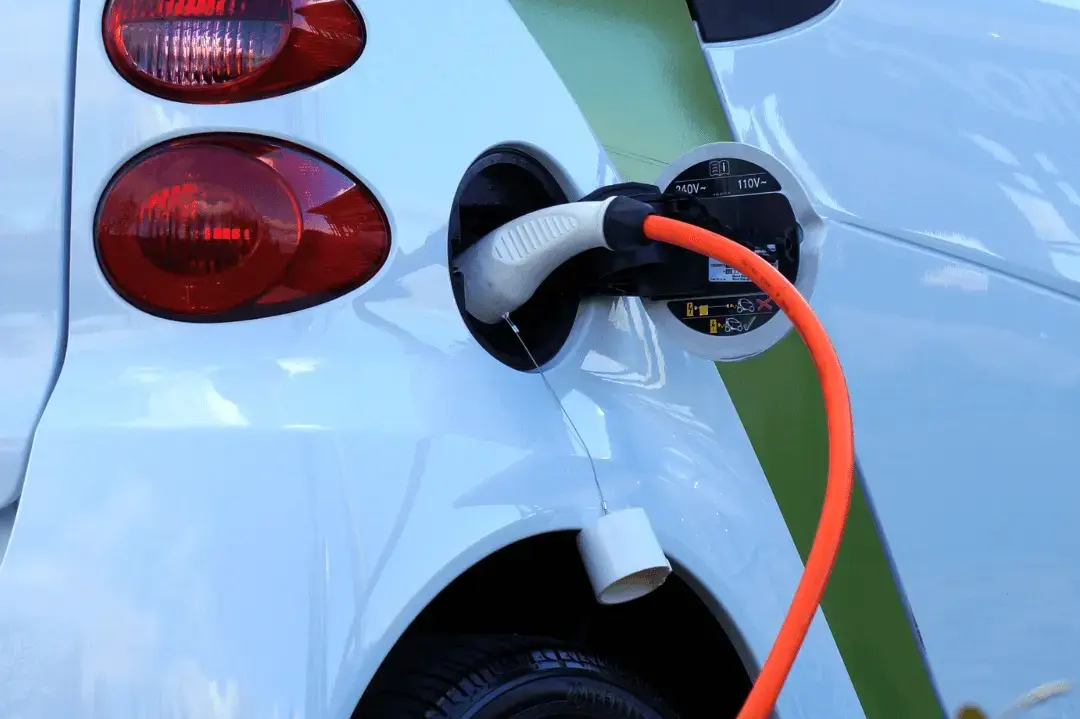>
Blog>
How often do electric cars need to be serviced?How often do electric cars need to be serviced?
Whenever you make a big, long-term purchase like a car, ongoing maintenance and upkeep has to be considered. We know petrol and diesel cars cost roughly £1300 a year to fuel and fix annually, but what about electric vehicles (EVs)? How much does electric car serving cost? Are they just as expensive to keep on the road as a petrol car? Does all that slick new engineering mean that electric cars cost more to maintain?
How much does electric car serving cost?
You’ll be pleasantly surprised that electric car servicing costs half as much on average to service their electric car as it does a traditional internal combustion engine vehicle. The average electric car service plans cost between £386 to £540 according to AutoCar.
Worried about paying for services? With Bumper you could benefit from 0% interest car repair financing and pay for car repairs in instalments in easy-to-manage monthly payments.
Why do EV drivers pay so much less than their petrol peers? Let’s take a look.
How often do electric cars need to be serviced?
Electric cars typically require a bi-annual service check for onboard systems and tire rotations. These six-monthly electric car services ensure the battery is maintaining optimal performance and the car is running as it should.
Like any machine in regular use, electric vehicles need occasional maintenance and periodic repairs. However, compared to petrol and diesel cars, the annual repair bill is much easier to manage.
After 8 to 10 years when the manufacturer warranty expires, that’s when to expect a sizeable bill for battery replacement. At current prices, a new EV battery can cost between £4,000 and £8,000.
In time, however, industry analysts expect the price of battery technology to drop significantly as mass production finds new efficiencies and cost-effective innovations.

Why do EVs cost so much less to service?
Electric cars eliminate monthly spending on petrol fill-ups and reduce the amount of carbon being sent into the atmosphere. They also come with other built-in savings over ICE cars.
EVs have only a fraction of the moving parts that ICE vehicles do. That naturally reduces maintenance and repair costs over the lifetime of the car because there are fewer parts subject to constant friction, pressure, and stress.
Electric cars don’t need oil
There are no oil changes to factor in with an electric car. No spark plugs that need replacing, and no expensive emissions controllers like catalytic converters to worry about.
Electric cars also use a system called ‘regenerative’ braking, which allows the car to recover energy when the vehicle slows down and sends it back into the battery. That provides an instant boost to Ev's energy efficiency, and it dramatically reduces wear and tear on mechanical braking systems, reducing the need for replacement brakes, pads, and callipers over time.
How much does it cost annually to charge an electric car
Electric cars only cost between £660-£800 per year to charge. That’s serious savings! Most UK drivers spend about £1200 annually to fuel their petrol cars.
Smart maintenance
Electric car manufacturers like BMW and Hyundai are creating “smart maintenance” systems within the vehicles to guide when maintenance happens and what needs fixing. They’ve realised that EVs come with so many sensors and data capture opportunities that the car itself can tell you when it needs servicing.
At some point in the future, smart maintenance may even replace manufacturer-mandated service schedules, ensuring that drivers get their cars to the shop when required but also ensuring that only the components that need attention are replaced, rather than rely on an arbitrary schedule to replace everything on a pre-set list.
For drivers, an electric car service is much the same experience as an ICE car service. You still have to make an appointment, take the car in, let a mechanic give it a thorough check-through, fix any issues, then return to the garage to collect it.
Only qualified EV mechanics, however, can service an electric vehicle.

What does an EV service visit involve?
If your car doesn't have smart maintenance capability, then regularly scheduled manufacturer service visits are a must.
Many of the elements are the same as you'd have with an ICE vehicle, like checking steering, brakes, suspension, tyres, and lights. Of course, EVs also have their own particular systems to consider:
Checking on exterior charging cables and charging points. Any damage to these or malfunction could slow down charging or stop the battery from charging at all.
Visually inspecting all internal high-voltage connections and cables. Damaged internal cables could also create issues that affect charging.
Wheel rotations to identify indications of brake binding. This occurs when EV brake pads fail to release properly, which mechanics call the “binding” of the discs. If it happens it will affect braking distance and steering control.
Checking coolant levels for the inverter. In EVs, this is an essential check because coolant regulates the electric motor temperature.
Finally, EV mechanics will download all diagnostic data from the EV’s onboard computer and analyse it for performance issues.
Electric cars are cheaper in the long run
When it comes to annual servicing, electric cars are the cheapest on the market making them a smart investment for any savvy saver. Their relative lack of moving parts is a real benefit compared to ICE vehicles.
On the other hand, they cost as much and sometimes more than their ICE equivalents, depending on the make and model.
Just like any car, it is important to have EVs serviced at the manufacturer’s recommended intervals in order to drive them safely and meet the required standards.
In some cases, electric cars let you go longer between service visits than petrol or diesel car. In other cases, the manufacturer might recommend a more frequent servicing schedule. Check before you buy and factor that into your overall monthly driving budget.
Even the most reliable electric car will need a replacement part or repair sooner or later, Bumper can help you with 0% interest car repair finance that you can pay in instalments!
Author - Joseph Law
Joseph has been writing about cars for over seven years and writing for Bumper for over two, blending his passion for automobiles with a talent for storytelling.
Joseph has written about engineering and cars for Autozilla, Komaspec, and several engineering manufacturers. When he's not writing or tinkering with one of his five cars, Joseph dreams of owning an Alfa Romeo 33 Stradale.
Related Posts